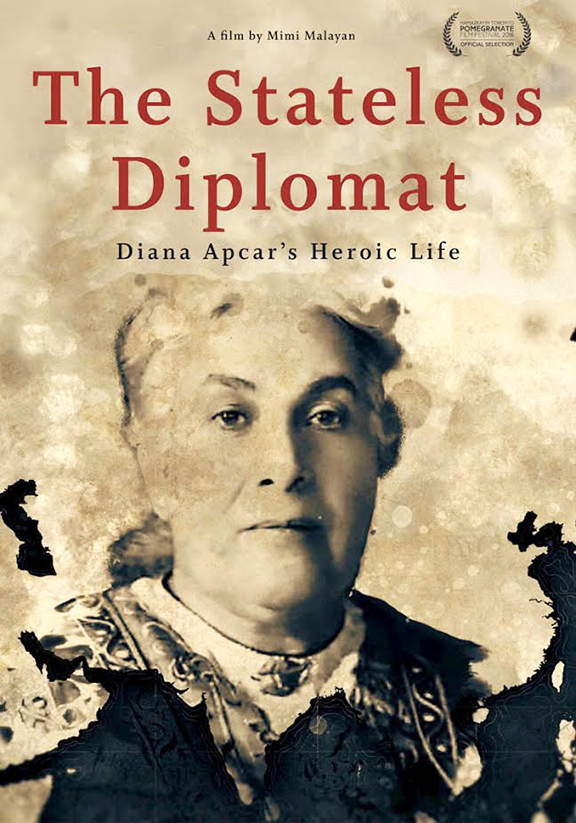
It is a warm December day. I am heading to the city of Toyonaka in Osaka prefecture, Japan, where ‘The Stateless Diplomat’ – Mimi Malayan’s film about Diana Apcar’s life and activities – is about to be screened. I have been asked to give a short talk about Armenia, the Armenian Genocide, diaspora and position of women in today’s Armenian society. I worry if I will be able to squeeze all that information into the 20-minute time that I am allocated. I am also a little worried that the film about an outstanding Armenian woman will not attract enough audience, due to Japanese people’s unfamiliarity with our country.
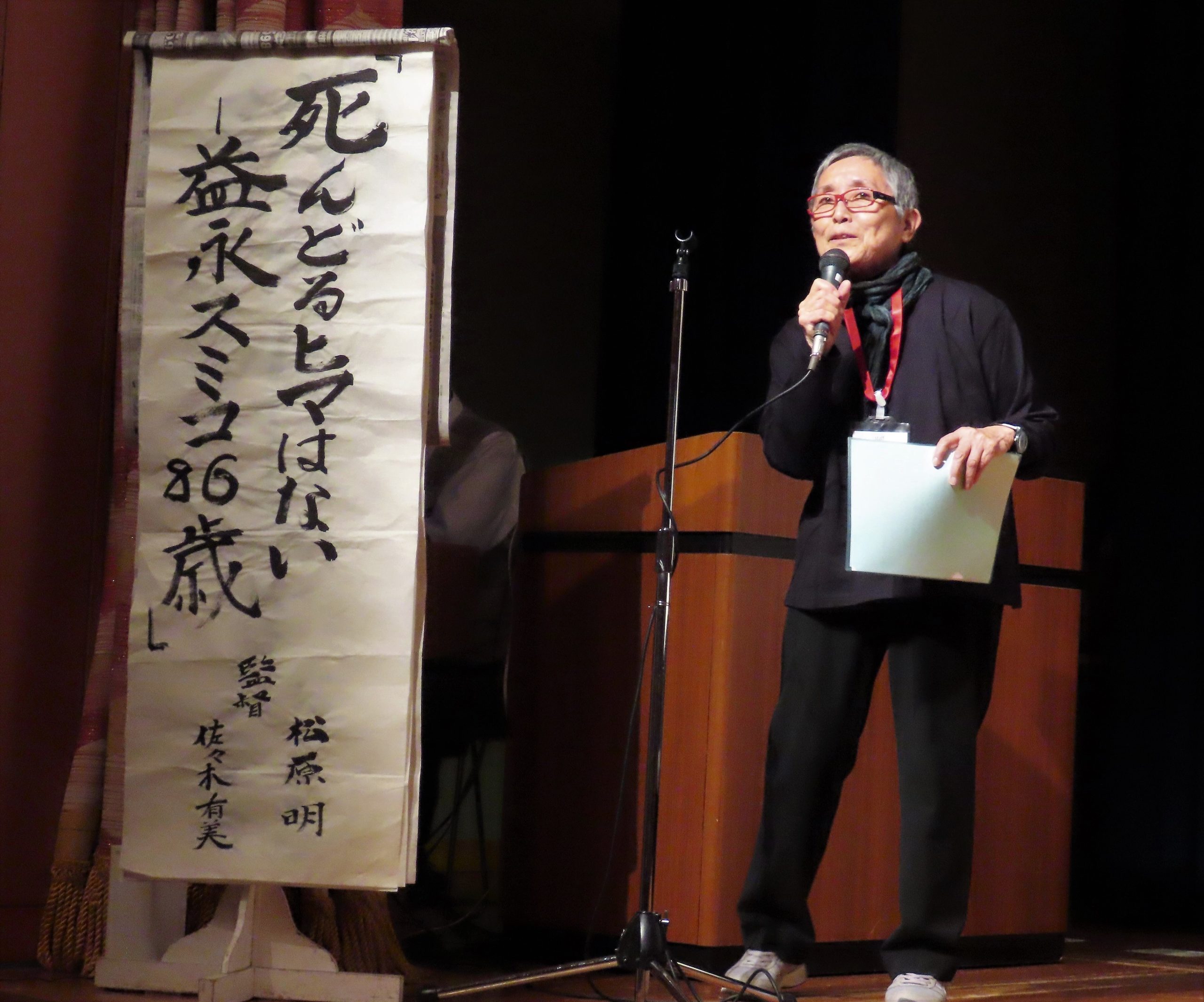
I enter the hall and have a sense of relief; it did attract enough audience. The screening, which was the first one in Diana’s adopted country, is organized by a group of women aged over 60 – feminists who call themselves ‘Sister Waves’ – as part of the ‘Senior Women’s Film Festival’ that they organize annually. Chieko Yamagami and Soko Miki, two of the organizers of the festival, mention that Japan has a dramatically aging population, and senior citizens, especially women, are often invisible in the society. They started the festival – which offers a platform to women directors over the age of 60 or films that depict women over the age of 60 – in order to give voice to this large but silent group in society. The feature film of the festival has an impressive title – ‘I have no time to die,’ – reflecting the strong spirit of these women.
Yamagami and Miki, who visited Armenia in the past and know about its history and culture, show a great admiration for Diana Apcar. Having extremely limited financial resources, they have single-handedly translated the subtitles and prepared all the necessary materials. “We hope more people will get to know about Diana and the Armenian Genocide,” they mention.
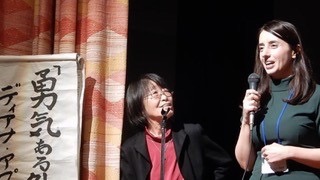
Before the screening, I give a short introduction about Armenia’s geography, culture, and history, and then the film begins. I am seated in the front row, and I cannot observe people’s reactions, but I can guess from the silent sounds and movements that the film extracts various emotions – probably a mixture of admiration, shock and discomfort. Few people in Japan know about the Armenian Genocide, and the images of massacres must be haunting. The film finishes, and I finally get to look at the audience: it seems the film has indeed made a deep impression on them.
After the screening I return to the stage to talk more about Apcar and the Armenian Genocide. I talk about my great-grandparents Avetis and Yughaber as well, who escaped from Van with their four children, three of whom did not survive the disaster. I believe telling personal stories moves people’s hearts much more than numbers and statistics. When it comes to genocide, almost every Armenian family has a story to tell. I then move to the topic of diaspora, and finish my talk introducing women’s position in Armenian society.
The reaction of the audience is overwhelming. People express admiration for Apcar’s courage and dedication, shock about last century’s events, as well as mention that the film sparked interest in Armenia in general. Hopefully in the near future, the film will be screened in other Japanese cities as well, spreading the word about this courageous Armenian woman, Diana Agabeg Apcar.
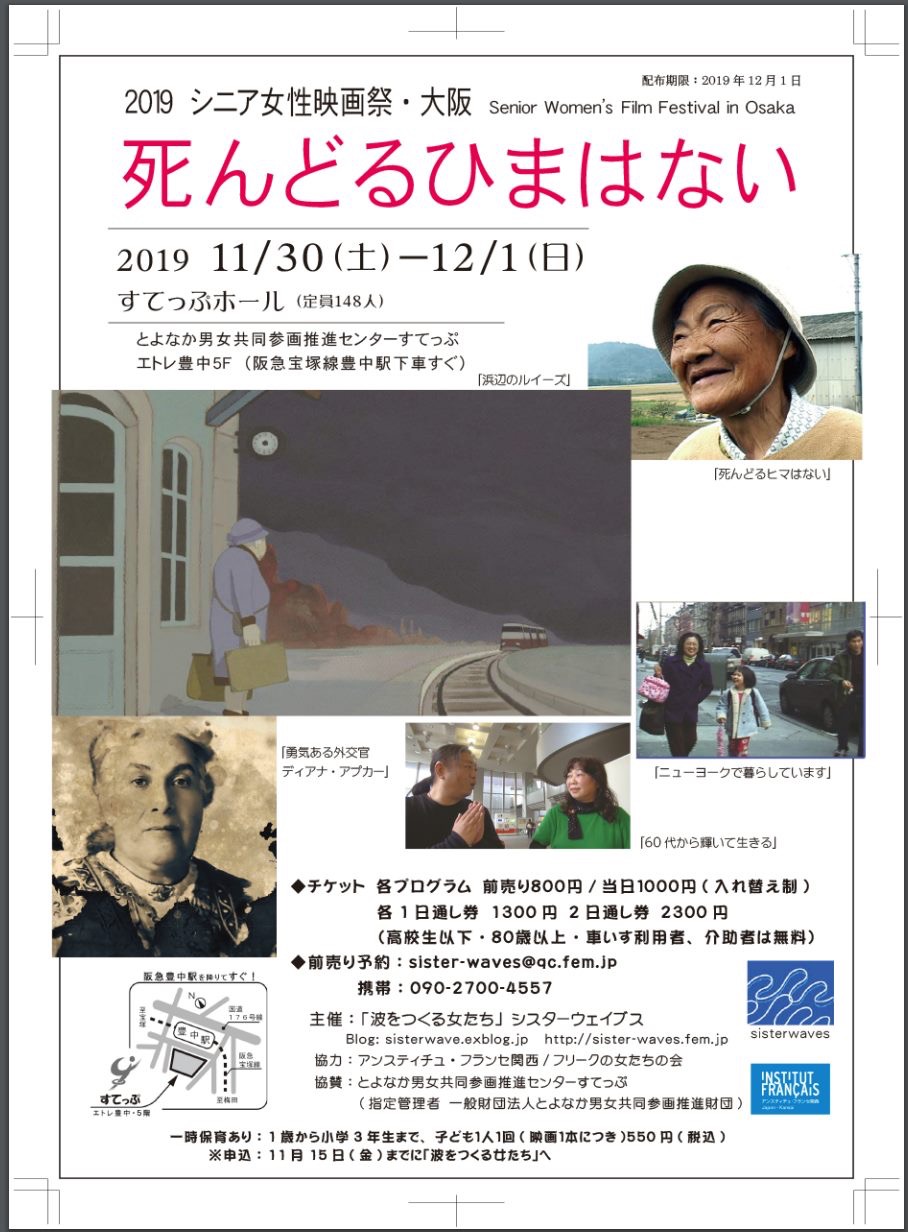
‘The Stateless Diplomat’ was screened on December 1, 2019 in Step Gender Equality Promotion Center, Toyonaka city, Osaka prefecture. I want to thank organizers, especially Chieko Yamagami and Soko Miki for their dedication and hard work, as well as Mimi Malayan and Meline Mesropyan for providing information for the talk.


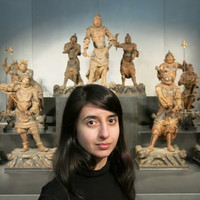
Be the first to comment